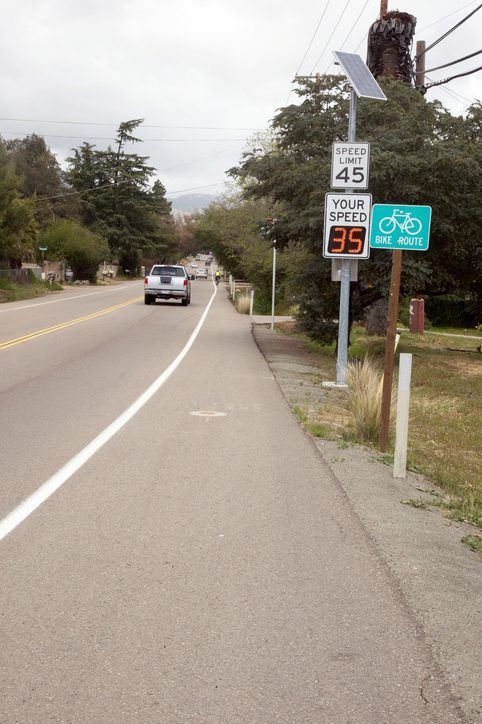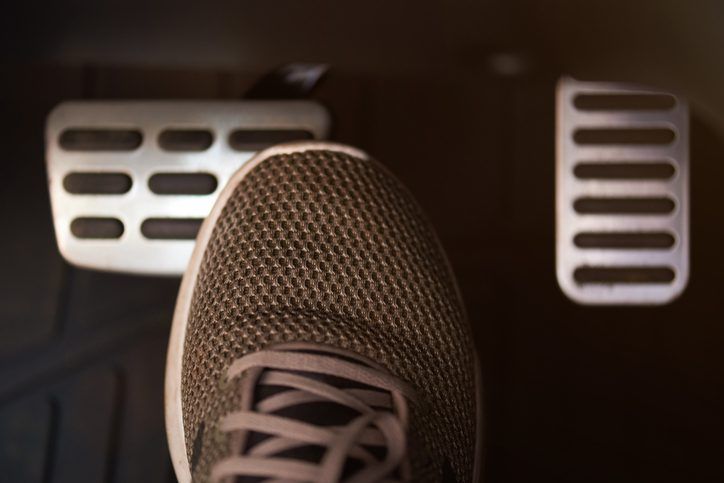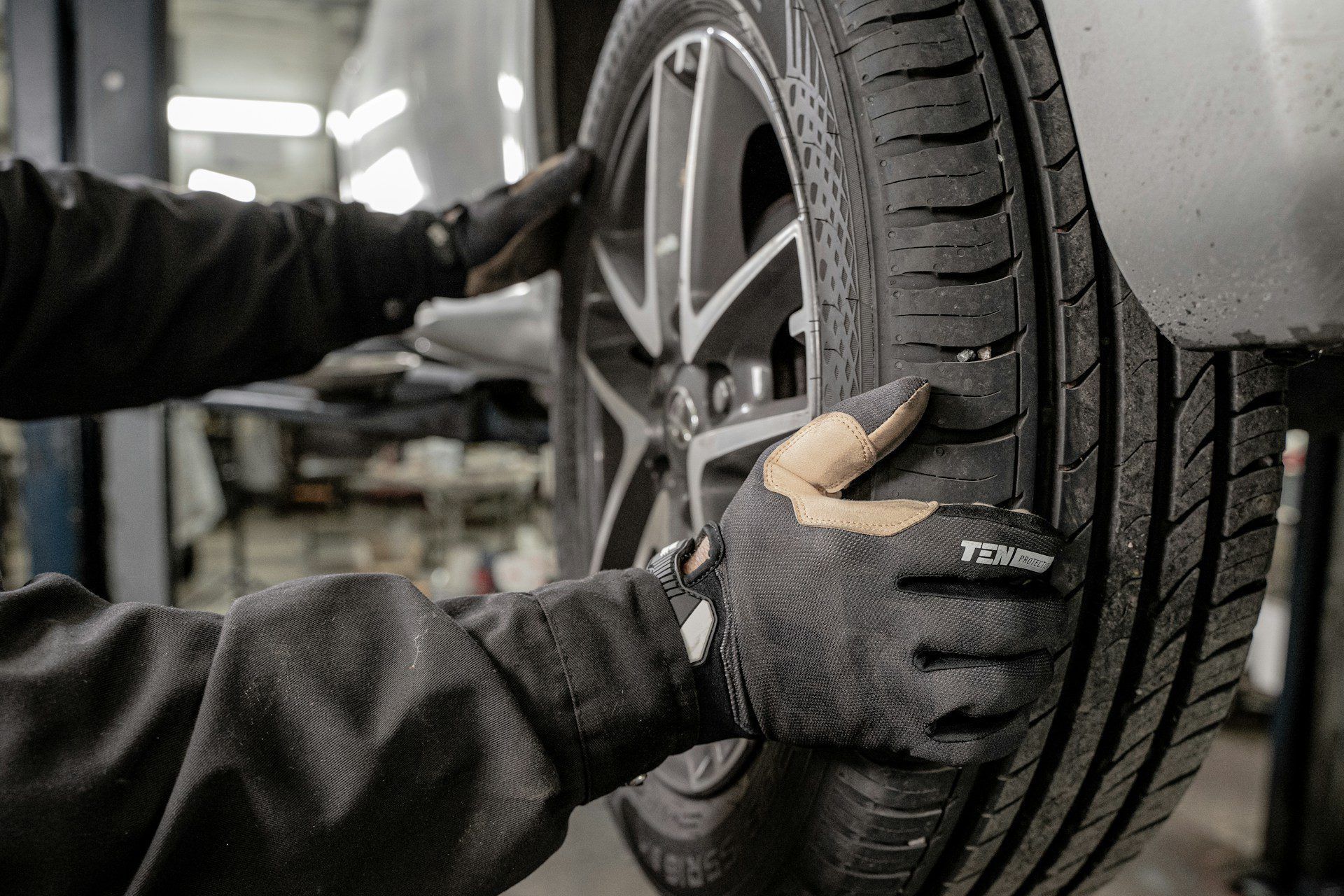Repair Your Car or Buy New? A Guide to Help.

Imagine you’re driving to work, enjoying your favorite tune when suddenly, your car starts acting up. There’s a weird noise, and before you know it, smoke’s billowing from the engine. Panic sets in. Your car – a friend for over a decade – has just a tiny bit of paint chipping off, and it’s clocked over 100,000 miles.
The inevitable question arises: “Should I fix my car or buy a new one?” Let’s dive into four key considerations to help you navigate this crucial choice, as it is personal for each car owner.
Assess the Repair Costs
Repairing your old car is usually cheaper than replacing it with a new one. However, there are two major exceptions to this rule. Depending on the make and model of your vehicle, critical damage to your engine or transmission could lead to a repair that costs as much as a used car.
Bring your car into our auto shop and ask for an estimate, as well as how long it will take to order the parts and complete the repairs. If it’s a really big number, like $3-5,000, it might not hurt to get a second opinion. You could also ask if there are ways to cut the cost and still have the vehicle drive completely safely.
Engine replacements are cheaper with used or remanufactured parts. Transmission rebuilds aren’t as expensive as a full replacement. Keep in mind to ensure your car’s warranty, the parts must be authorized by the auto manufacturer. Granted, new parts are a safer bet than used ones… but when the repair costs more money than your car is worth, this might be a risk worth assessing. You will need to factor renting a vehicle for the time it will take to repair your car.
Crunch the Numbers
Emotions aside, let’s do the math. Determine your car’s value using resources like Kelley Blue Book. If your car’s worth $2,000 and the repair hits that same mark, it’s not a clear-cut decision to replace it.
Consider the expense of a new car, perhaps around $40,000 (plus tax, remember), with annual payments of about $5,000. Suddenly, that $2,000 repair doesn’t seem as daunting. Take a hard look at your finances. If swapping your car fits comfortably within your budget, great! But if it strains your finances, and your emotional stress, opting for repairs might be the wiser move.
Evaluate Reliability
A one-time repair is fine, but recurrent vehicle issues signal trouble. If the same problem persists despite multiple attempts at fixing it, it might be time to cut your losses. Consider how your car’s performance affects your daily life and mental health—constant breakdowns might jeopardize your stress, your job or make driving feel unsafe.
Your car should be a reliable companion, not a source of anxiety. If its problems outweigh its reliability, replacing it could be the best choice.
Explore Your Options
It’s not just a binary choice between a problematic car or a brand-new purchase. New cars lose value instantly—at least a double-digit percentage the moment they leave the lot. Ever thought about a slightly older model? A car that’s a couple of years old could serve you just as well.
Alternatively, investing in critical repairs now while planning for your dream car in the future could be a strategic move. Saving diligently for a few years could make that dream purchase or lease stress-free, especially if you’re working on improving a below average credit score. Remember, your credit score has a huge impact on the percentage rate you pay – whether leasing or purchasing outright.
In conclusion, the decision to fix or replace your car is multifaceted. Take your time, weigh your options, and consider the financial implications. If a friend’s pondering the same dilemma, share this guide—it might just provide the clarity they need!
Fueled by DriversAutoKnow.com®










